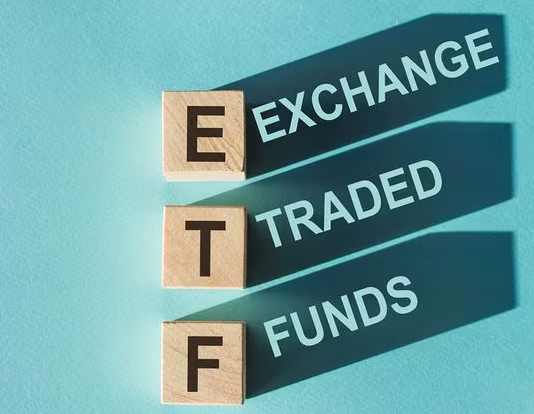Exchange Traded Funds (ETF) benefits?

Funds for Investment
Exchange Traded Funds (ETFs) offer several benefits to investors, including:
- Diversification: ETFs typically hold a basket of underlying assets, such as stocks, bonds, or commodities, providing investors with instant diversification. This can help spread risk across different assets and reduce the impact of individual stock or bond price fluctuations.
- Liquidity: ETFs are traded on stock exchanges, which means they can be bought and sold throughout the trading day at market prices. This liquidity provides flexibility for investors to enter and exit positions quickly.
- Transparency: ETFs disclose their holdings regularly, allowing investors to see exactly what assets are included in the fund. This transparency helps investors make informed decisions.
- Lower Costs: ETFs often have lower expense ratios compared to traditional mutual funds, making them a cost-effective investment option. Additionally, there are usually no sales loads or redemption fees associated with ETFs.
- Tax Efficiency: ETFs are structured in a way that can be tax-efficient. They typically have lower capital gains distributions compared to mutual funds, which can result in lower tax liabilities for investors.
- Intraday Trading: ETFs can be bought and sold during regular trading hours, just like individual stocks. This provides the flexibility to respond to market conditions and implement trading strategies.
- Flexibility: ETFs are available for a wide range of asset classes, including equities, fixed income, commodities, and more. Investors can choose ETFs that align with their investment objectives and strategies.
- Dividend Reinvestment: Many ETFs offer dividend reinvestment programs, allowing investors to automatically reinvest dividends to potentially enhance their returns over time.
- Accessibility: ETFs make it easier for individual investors to access specific market segments or asset classes that might be challenging to access directly.
- Risk Management: Investors can use ETFs to hedge against specific market risks or to take speculative positions.
It’s important to note that while ETFs offer these advantages, they also have their own risks and considerations. Investors should carefully research and consider their investment goals and risk tolerance before investing in ETFs.
You may read: Fundamental and technical analysis in stock market